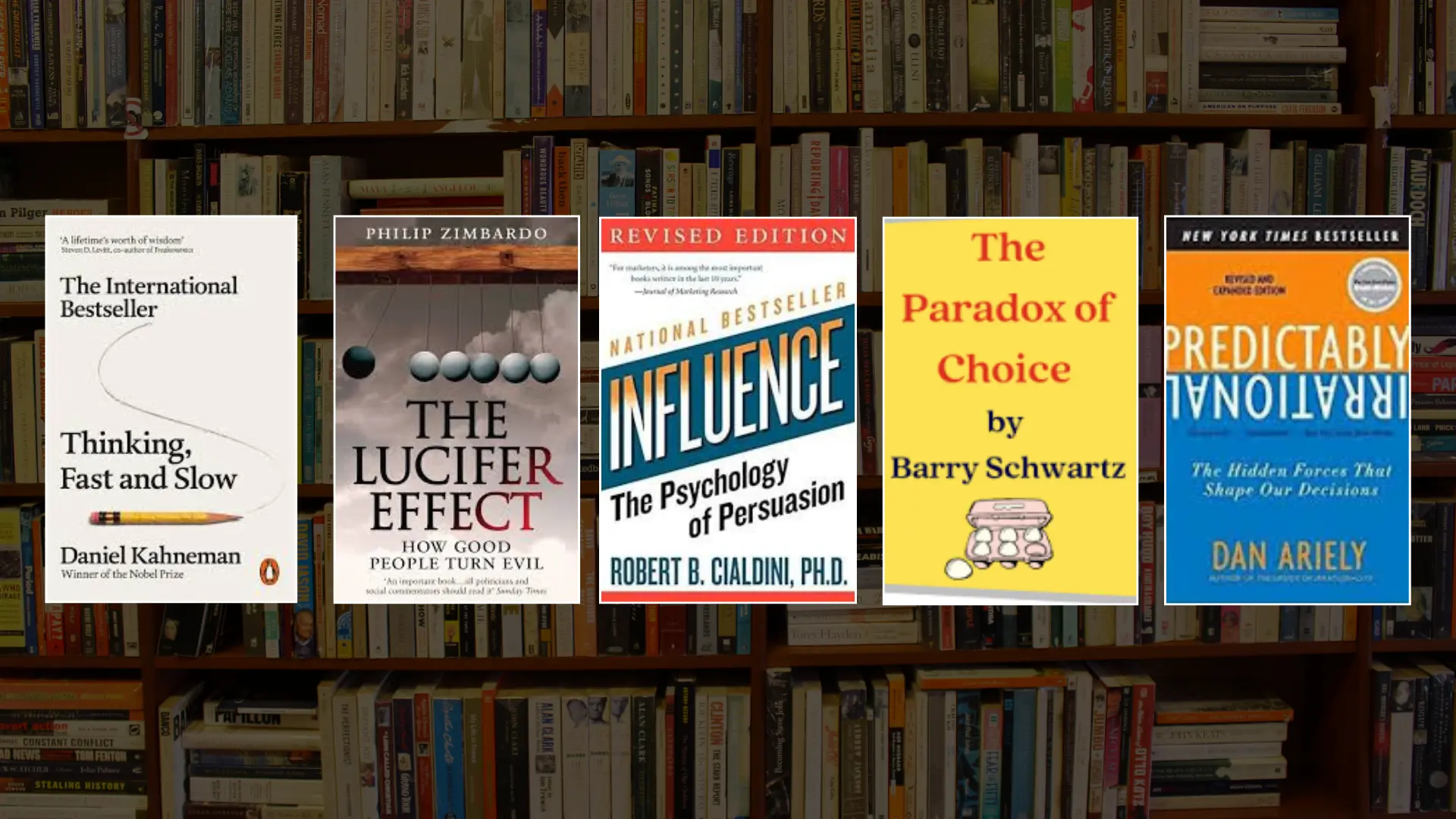This Bengaluru-based startup provides medical support to people suffering from chronic illnesses through an app
Founded in 2017, Ubiqare provides supportive care to chronic patients through technology and clinical network. So far, it has assisted more than 125 patients by administering 6,000 hours of care.
When Padma Venkat (name changed) was diagnosed with breast cancer a few years ago, her world came crashing down. She, however, mustered courage to undergo chemotherapy. Soon after, she began experiencing back pain, nausea, and dehydration, which are some of the known side effects of the treatment.
A resident of Bengaluru, Padma was obtaining all medical care from an oncologist in the same city. Nonetheless, considering that she kept falling ill, she had to travel to the hospital for consultations regularly.
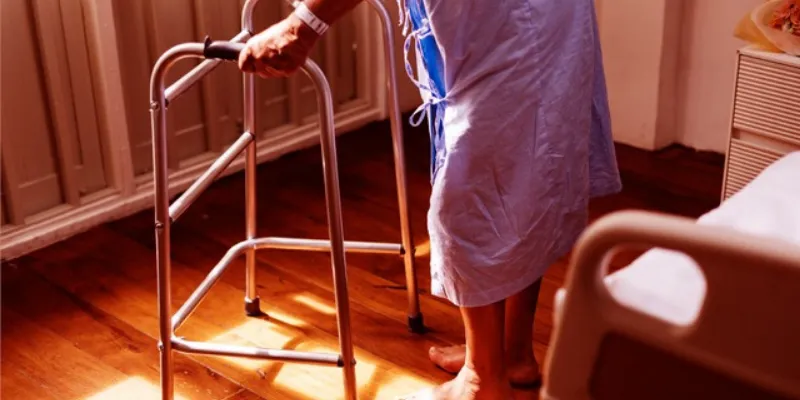
Persons who are chronically ill need continued support and care.
“At one point, it became very difficult for me to pay frequent visits for consultations. I had lost all my appetite, vigour, as well as energy. And, this, in turn, was interfering with my ability to move around freely. That was when I got to know about Ubiqare Health’s offering. Not only did they have a provision for online medical support, but also offered physical inspections through a network of specialists and nurses,” says Padma.
’s telepresence technology helped Padma get all the supportive care for her body aches and appetite right at home. Today, she is able to lead a comfortable life.
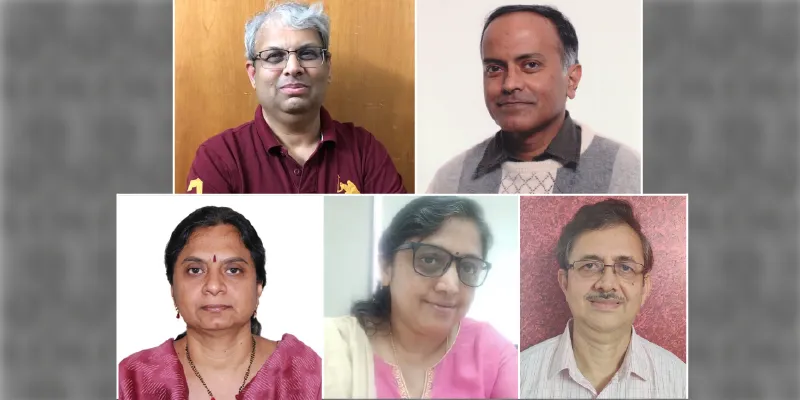
Co-founders of the Bengaluru-based startup, Ubiqare Health. (Starting clockwise: Prasanna Limaye, Sundararajan Srinivasan, Bala Rallapalli, Sasikala K and Sridhar Pillalamarri)
Founded in 2017 by Sundararajan Srinivasan, Sridhar Pillalamarri, and Prasanna Limaye, Ubiqare is a startup that provides supportive care to post-acute and chronic patients through technology and clinical network. Their mobile application enables people to gain access to counselling and medical interventions without having to go to hospitals.
So far, the Bengaluru-based startup has been able to assist more than 125 patients by administering 6,000 hours of care.
“People suffering from chronic illnesses such as Alzheimer’s, cancer, stroke and asthma require a lot of care and attention. Right from monitoring vitals to ensuring a safe and friendly environment, they require constant aid. Many a times, booking appointments with the doctor and frequently visiting the hospital proves to be cumbersome. The idea behind starting Ubiqare was to eliminate such inconveniences and improve the quality of life of these patients,” Sridhar Pillalamarri, CEO and Co-founder, Ubiqare Health, tells SocialStory.
The stepping stones
Before laying the foundation for Ubiqare, Sundararajan was at the peak of his career and was working in the domain of computing, communication as well as control. He even led the global R&D functions of renowned companies like Philips, NXP, and Intel. Sridhar had gained several years of experience in business management and was also involved in volunteering with not-for-profit organisations like Indian Cancer Society and Sanman.
Prasanna, on the other hand, has years of experience in the IT infrastructure space and has worked with firms like Goldman Sachs, NetApp, HP, and GE. All the three got acquainted with each other in their late 20s while pursuing their masters at IIT-Bombay and remained in touch from there on.
The idea of establishing Ubiqare came about in 2016 when Sridhar’s father, who was diagnosed with cancer, passed away.
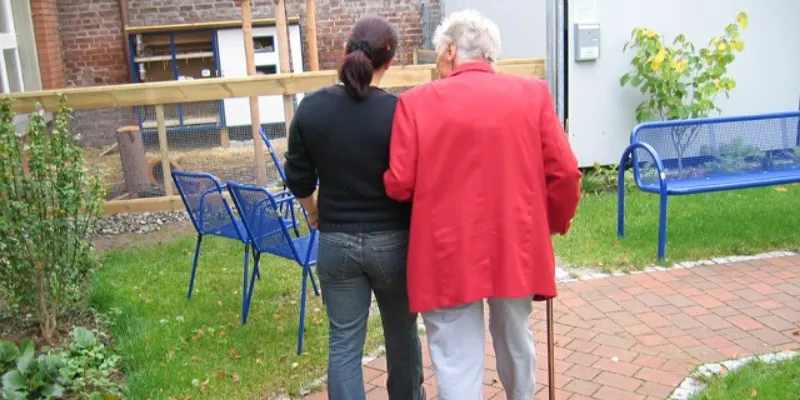
Sridhar got the idea of starting Ubiqare after his father was diagnosed with cancer.
“After I lost my own family member to cancer, I began thinking about how to extend better support to others anguishing from similar illnesses in order to improve their treatment outcomes. When I spoke to Sundar and Prasanna about this, I realised that our line of thinking was the same. And, this is how Ubiqare sprang into action,” recalls Sridhar.
Though the startup was set up in 2017, the trio took a couple of months to brainstorm, conduct research, and validate their offering after connecting with several patients, startups, clinics and hospitals. Meanwhile, two doctors — Bala R Rallapalli and Sasikala K — joined the founding team of Ubiqare.
After being bootstrapped initially, Ubiqare obtained seed funding from Social Alpha.
Tech-enabled care
According to a report released by the Partnership to Fight Chronic Diseases (PFCD), a staggering 20 percent of India’s population suffers from chronic and non-communicable diseases. And, most of these patients require long-term care away from hospital. Though they try to recuperate at home after getting discharged from the hospital, many continue to suffer from side-effects.
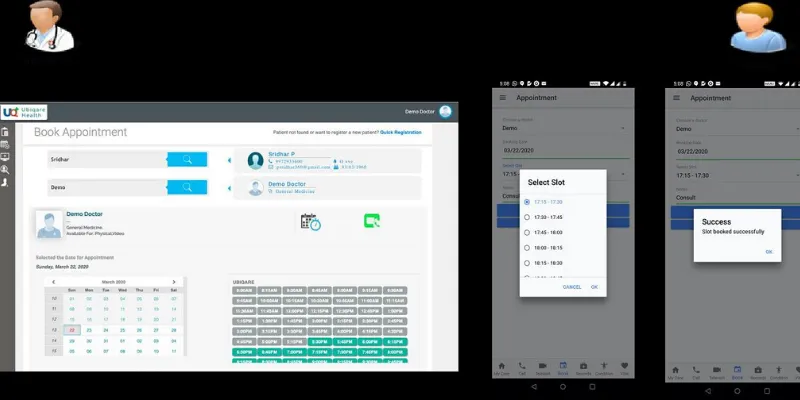
People suffering from chronic illnesses can register on the Ubiqare app and upload their medical records to avail the services.
The Ubiqare mobile application helps them deal with that.
“Presently available on Android, the app facilitates remote monitoring of patients’ conditions and getting quick clinical consultations either through video calls or in-person home visits of medical professionals. All that the patient has to do is register on the app and upload all the medical records. As soon as this is completed, a doctor is assigned based on the place of stay as well as the details submitted,” explains Sundararajan Srinivasan, Managing Director and Co-founder, Ubiqare.
In addition to the app, Ubiqare has developed a web-based version of the app specifically for doctors to monitor the health of patients, connect with them and also interact with the medical professionals who were involved in treating the affected person.
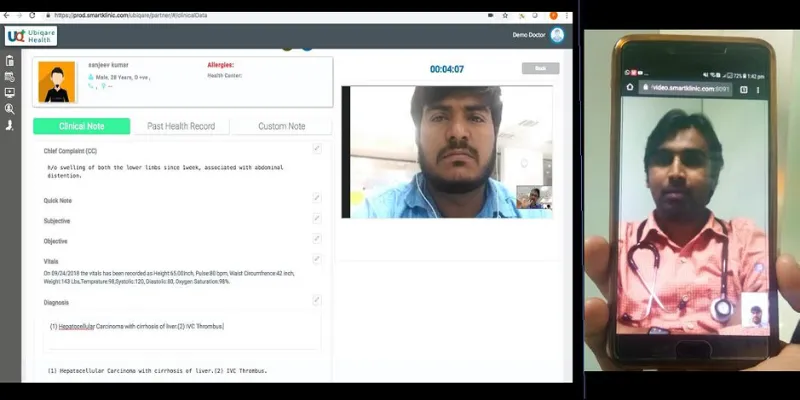
A patient on a video call with the doctor through the Ubiqare app.
Every time a chronically-ill patient observes an anomaly in the body, he/she can request for a video call or an in-person visit depending on the condition. Besides this, the overall health, blood pressure, temperature and other indicators once updated on the app are kept under constant review.
The patients are charged for the services based on either a transaction or subscription model. While the monthly subscription costs anywhere between Rs 12,500 to 15,000, the price for a single video consultation or visit is Rs 500 to 800.

Ubiqare helps improve the quality of life of patients through technology.
Ubiqare has official partnerships with hospitals like Cytecare and Baptist in Bengaluru and has also tied up with a slew of independent doctors, nurses, and healthcare professionals.
“Through the app, we have been able to treat 96 percent of side-effects at home and thereby prevented at least two hospital revisits. Apart from increasing the access of palliative care to patients, our team is glad to have been a part of ensuring them a better quality of life. We are now eyeing to reach out to more and more people and spread our wings to other cities in India,” says Sundararajan.
(Edited by Javed Gaihlot)




